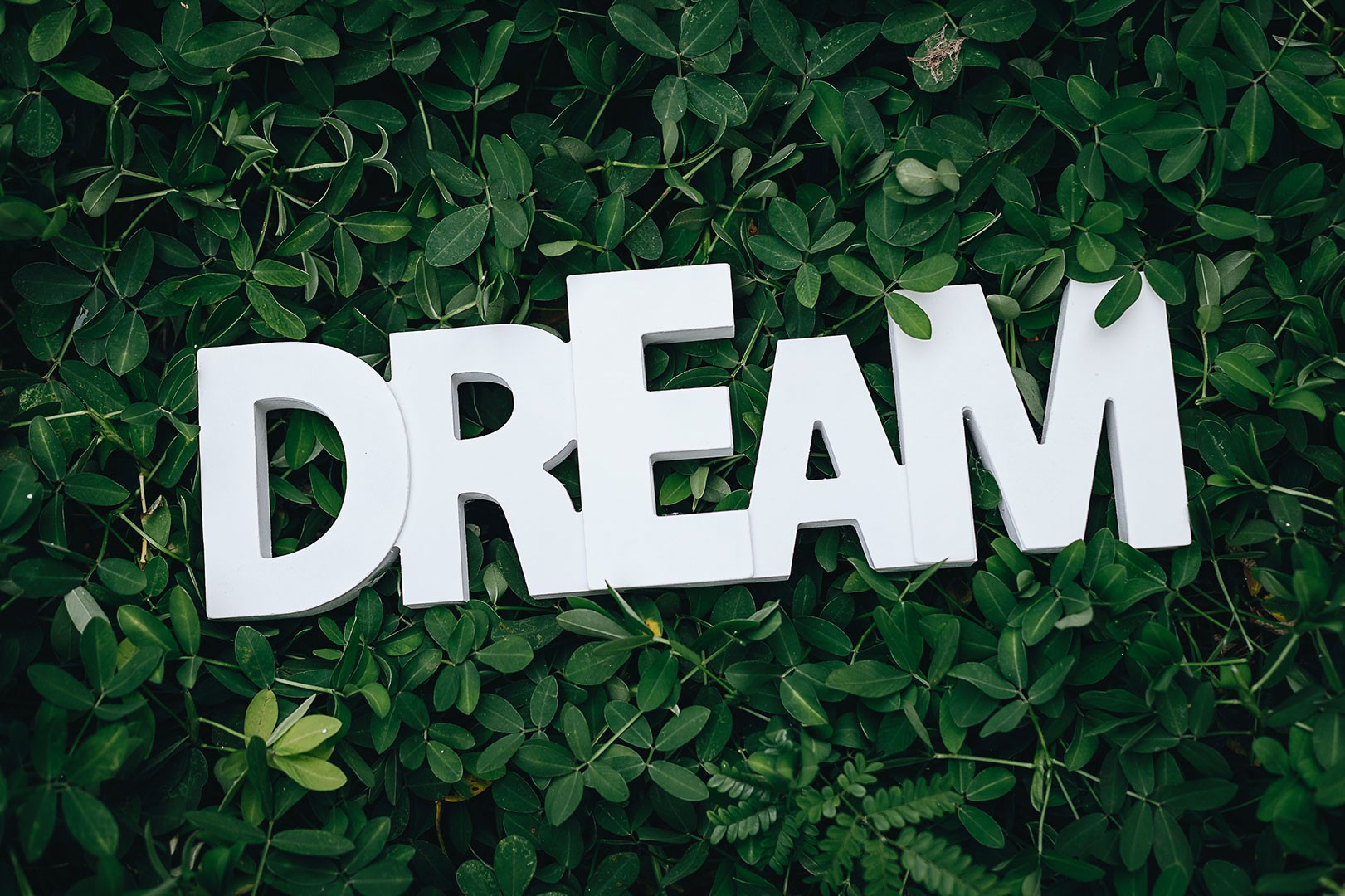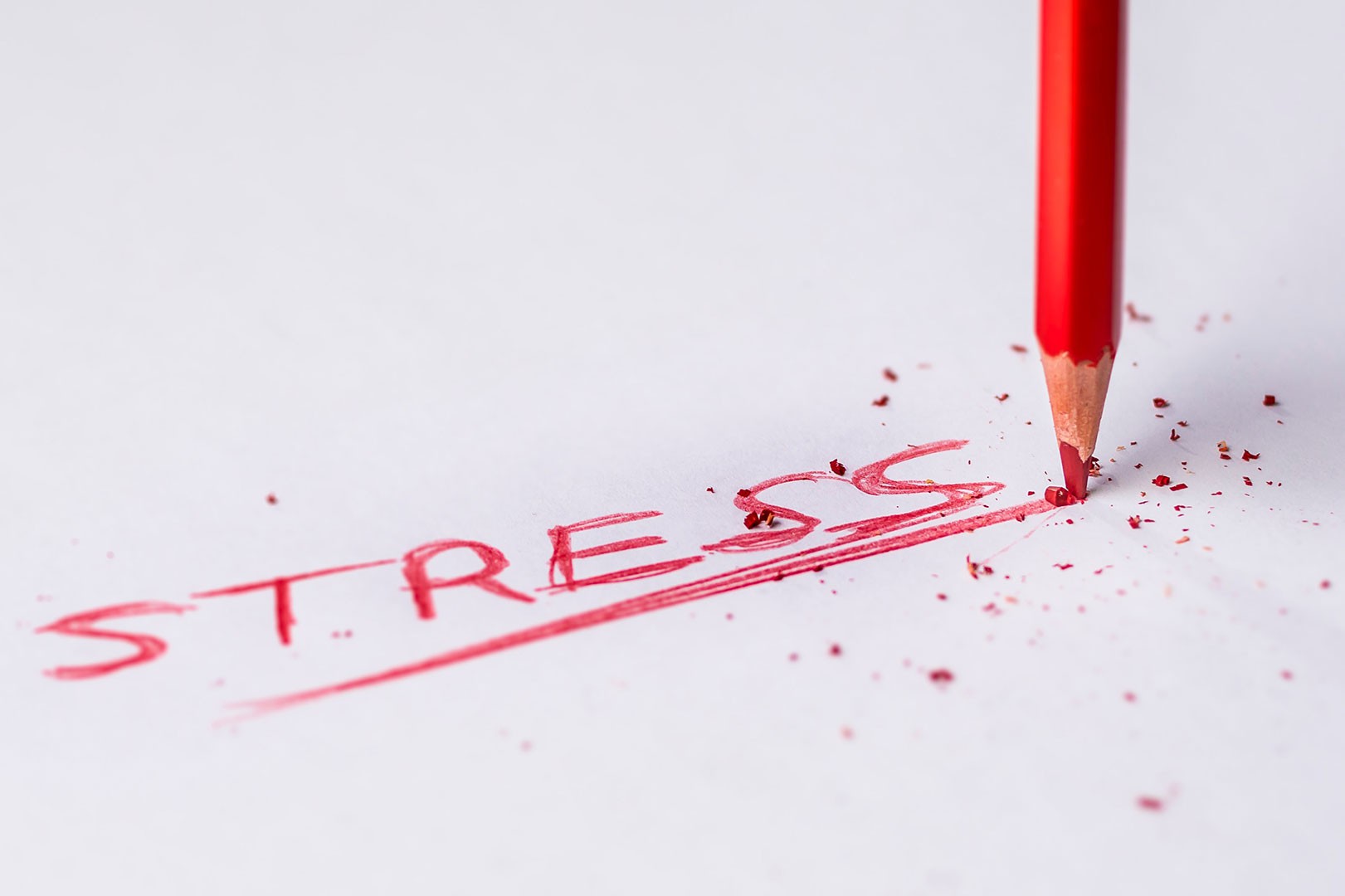
27
DecAttention deficit hyperactivity disorder (ADHD) in children
ADHD is one of the most common childhood disorders. Symptoms differ from one child to another, but often include inattentiveness, impulsivity, and hyperactivity. Symptoms may occur in various contexts such as children’s home and school.
Inattentiveness
The main signs of inattentiveness comprise: get easily distracted when doing tasks; inability to memorise instructions; having difficulties when organising things; easily forget and lose things; easily making mistakes.
Hyperactivity and impulsivity
These include inability to concentrate and focus on specific tasks; interrupting conversations; act without thinking or reflecting on one’s actions; fidgeting and moving excessively; inability to sit still, especially at school or at home; inability to wait, and excessive talking.
These symptoms may cause a range of problems for the children and their families, such as poor social interactions; difficult communication; poor achievements at school; and a challenging parents-child communication.
Related conditions
ADHD may also be associated with other conditions, such as anxiety disorder; depression; sleep problems, and conduct disorder. Sometimes, ADHD may mask other problems such as Tourette’s Syndrome or Autistic Spectrum Disorder (ASD).
What causes ADHD?
Research has shown that there is no exact cause, but a combination of potential factors related to genetics and brain structure.
ADHD tends to be genetic as a child affected with ADHD is more likely to have siblings and parents who are affected as well. However, keep in mind that the environment is crucial in children’s development. This means that a healthy environment may decrease the risks. Please also note that some groups are believed to be at risk, such as prematurely born children and children affected with brain damage.
Research has also demonstrated that children with ADHD may have an imbalance in the level of neurotransmitters in the brain or that these chemicals might not be working properly.
Treatment
When diagnosed, ADHD can be treated with different types of medication and therapy. Please note that medication is not a permanent cure, but helps the patients better control their emotions, be less impulsive and concentrate more easily. If you would like to learn more about medication, refer to your GP practice.
In addition to medication, children can undertake a therapy. There are different types of therapy that are known to be effective when treating ADHD. These include Cognitive Behaviour Therapy (CBT) and Social Skills Training. To learn more about Cognitive Behaviour Therapy, click here.
Don't hesitate to get in touch on: info@angelpsychology.com.
With warm wishes,
Dr Ivanka Ezhova
Founder of Angel Psychological Therapy - Online Psychological Therapy
- 27th Dec, 2019
- Parenting











